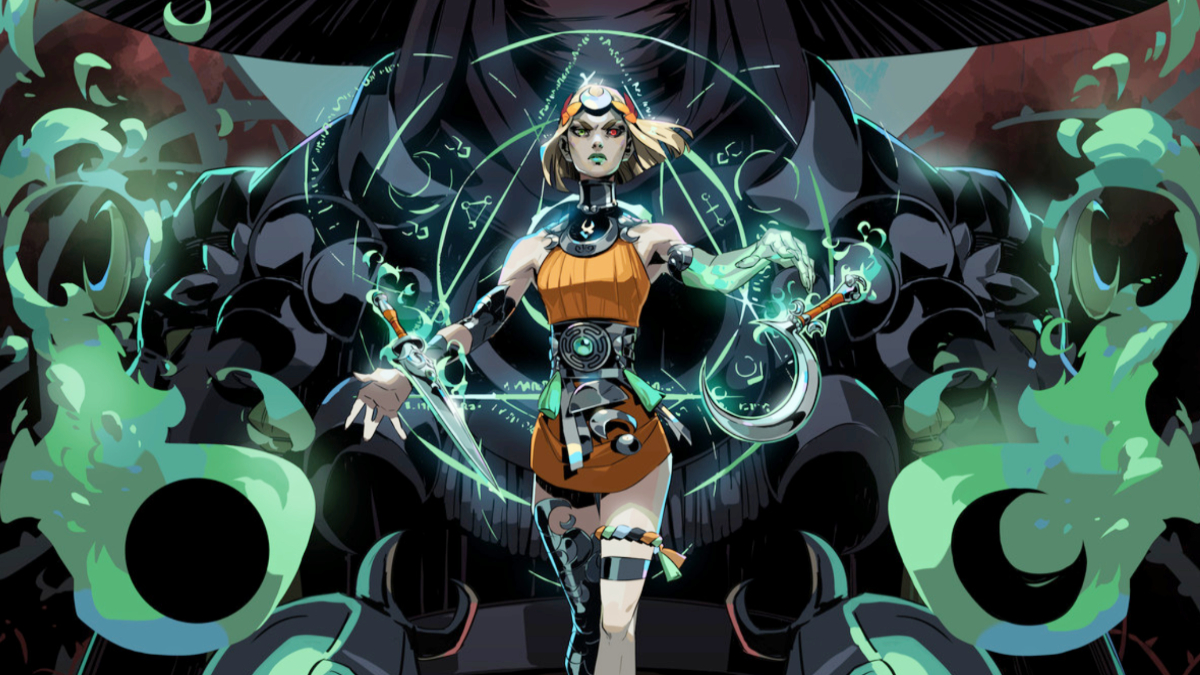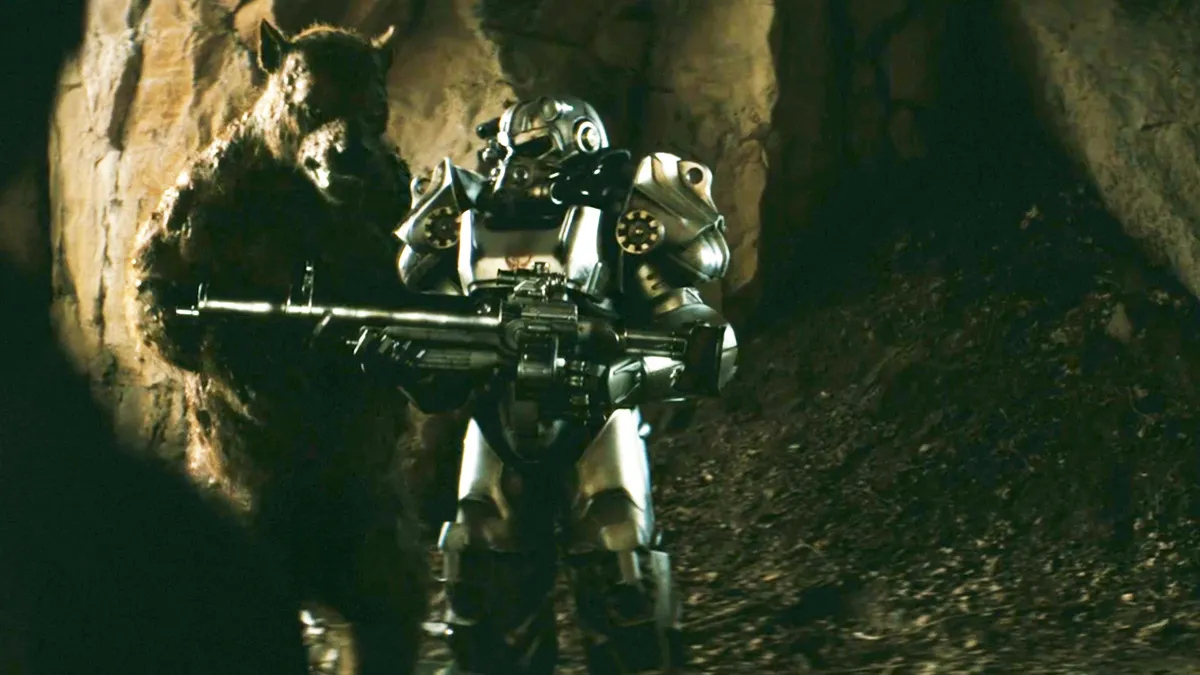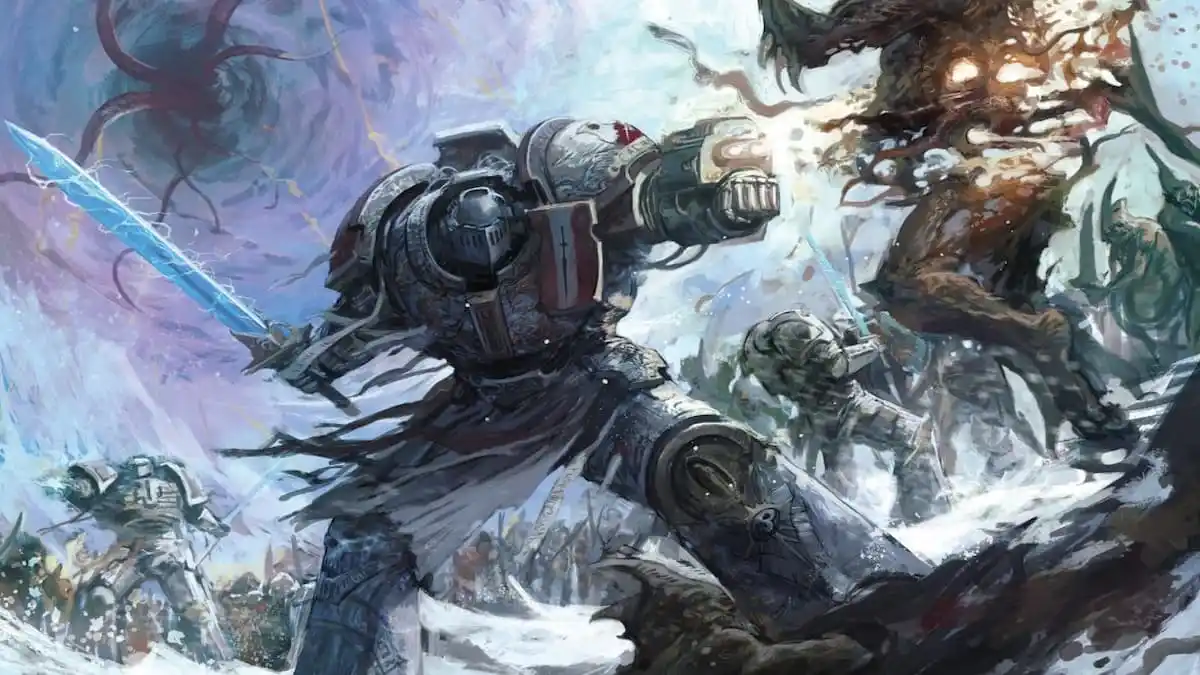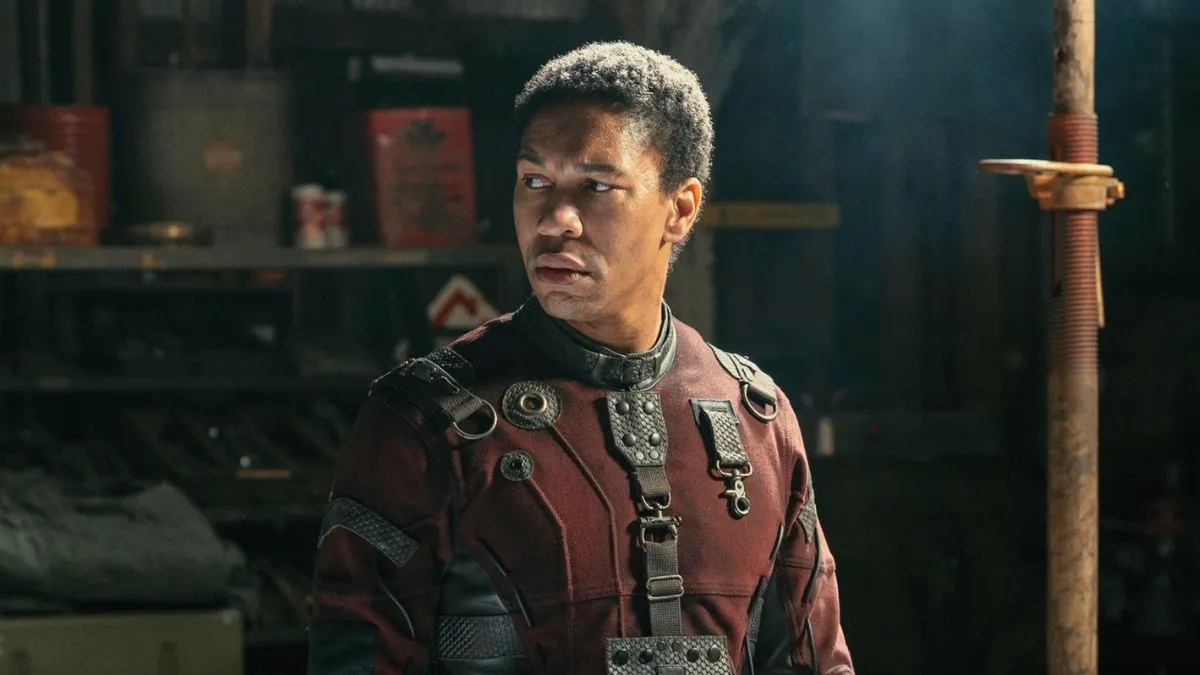
Infinity Ward has already revealed what players can expect from the single player narrative for Call of Duty: Ghosts, but a behind-the-scenes documentary has given fans the first details on how next-gen technology will impact graphical fidelity and shatter our conceptions of multiplayer.
The next-generation of technology has allowed Infinity Ward to improve the graphical presentation of Call of Duty significantly. Improvements have been made to the game engine by the means of interactive smoke, improved textures, particle enhancements, improved fluid dynamics, polygon increases, and a significantly enhanced lighting system. In addition to these core alterations, Infinity Ward’s new Sub D technology maintains the curvature of polygons as players close the distance between themselves and the object which will vastly improve the overall graphical presentation.
Infinity Ward is hoping to increase player immersion by utilizing a host of new improvements to how players maneuver through the environment. A new mantle system allows players to slip over cover seamlessly, slide into cover, and then use the new lean system to cautiously survey the battlefield before rushing into the fight.
This new level of immersion is making its way into the multiplayer experience as well, with dynamic maps and player driven actions dynamically changing the way you play.
Imagine, you’re playing out a typical game of team deathmatch when the map is suddenly washed away by a massive flood. Instead of it simply being the end of the match, you are now playing out the final minutes of your game underwater in a completely new gameplay experience. Now, this is me merely speculating on what could very well be possible but it is still an exciting notion.
Player driven actions will also aim to alter the flow of maps dynamically by giving you the control to open and close doors or set explosive traps. Infinity Ward is aiming to add an additional layer of strategy to multiplayer that will require players to know more than just the layout of the map. You will be forced to learn how to adapt to a map that dynamically changes the flow of your movement through a level.
In addition, next-gen CoD multiplayer will bring full character customization that will allow players to choose a range of different heads, bodies, helmets and gear to add that personal investment the multiplayer has been missing for quite some time.
“You can connect with who you are as a player more so than we’ve ever done in the past. We focus on gameplay. It’s the thing we design for. It’s the thing that drives our success as a franchise. With all of the new tech, all the new story lines, everything we’re putting into this next-generation Call of Duty we are still 60 fps, low-latency controls, a great feeling game.”
What do you think of the next-gen technology for Call of Duty: Ghosts? Give us your thoughts and opinions in the comments below.






